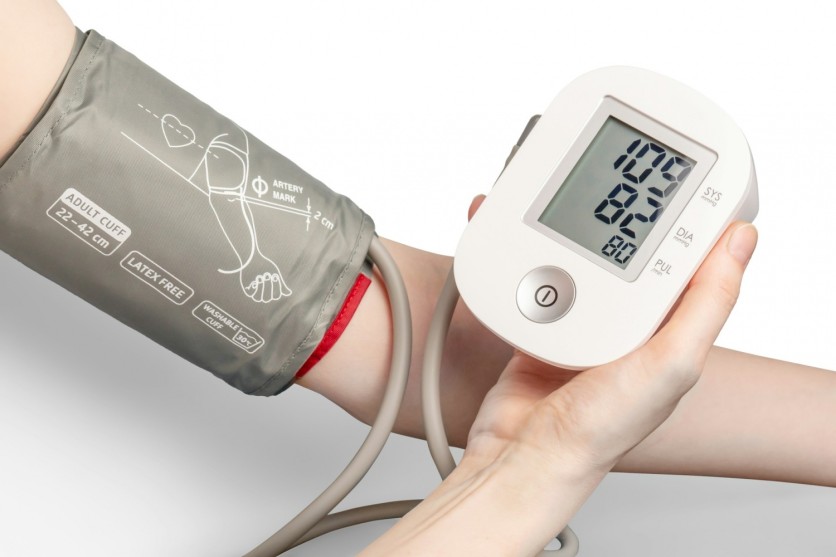Your "love hormone" can impact your blood pressure at times when your oxygen level is low.
Recently, scientists have recently identified two brain-produced chemicals, including oxytocin, which is popularly known as the love hormone. The team concluded that they can affect our blood pressure during hypoxia.
According to them, this discovery could pave the way for new therapeutic approaches to managing heart-related diseases, often linked to sleep deprivation and low oxygen states.
The Brainstem's Influence on Blood Pressure

Research indicates that oxytocin and another hormone, corticotropin-releasing hormone (CRH), significantly affect blood pressure. Oxytocin is well-known for its role in social bonding and attachment, while CRH is critical in stress responses, behavior, and inflammation.
A recent study aimed to investigate how these neurohormones influence the brainstem, the brain structure responsible for regulating vital functions such as blood pressure, according to Interesting Engineering.
Related Article : Breathing Traffic-Related Air Linked to Sudden Spike in Blood Pressure That Lasts 24 Hours
Sleep Deprivation and Low Oxygen Levels
Dr. David Kline, a professor at the University of Missouri College of Veterinary Medicine, led the study exploring the relationship between brain chemicals and blood pressure. He noted that sleep deprivation, often resulting in periods of low oxygen levels (hypoxia), triggers the body to increase breathing to restore oxygen levels. This reflexive response is crucial in understanding how hypoxia affects blood pressure.
"It also causes a reflex for our blood pressure to go up to get that oxygenated blood to go where it needs to go," Kline said in an interview with Live Science.
Experimental Study on Lab Rats
To delve deeper into this phenomenon, researchers conducted experiments on lab rats, dividing them into two groups: one maintained under normal oxygen levels and the other subjected to low-oxygen conditions.
Over 10 days, scientists observed the effects of oxytocin and CRH on the rats' brainstems, analyzing neuron activity and chemical releases.
Findings and Implications
The study revealed that hypoxic rats exhibited increased brainstem activity and elevated blood pressure compared to those in normal oxygen conditions.
Notably, there was a significant rise in the release of chemicals from the paraventricular nucleus (PVN) and an increase in the number of receptors in the brainstem. These changes suggest that oxytocin and CRH play a pivotal role in regulating blood pressure under low-oxygen conditions.
Future Therapeutic Avenues
Dr. Kline highlighted that these findings could lead to new therapeutic approaches. He thought that this study could open possibilities that clinicians and drug firms could pick up.
However, he also cautioned that it will take time to translate these discoveries into effective treatments for human patients.
The identification of oxytocin and CRH as key players in blood pressure regulation under hypoxic conditions opens exciting possibilities for developing new treatments for heart-related diseases. As research progresses, these findings may significantly impact how we approach blood pressure management and overall cardiovascular health.
The study can be found in the Journal of Physiology.
In other news, Tech Times reported that the loss of visual sensitivity can predict dementia 12 years before diagnosis.

ⓒ 2025 TECHTIMES.com All rights reserved. Do not reproduce without permission.




